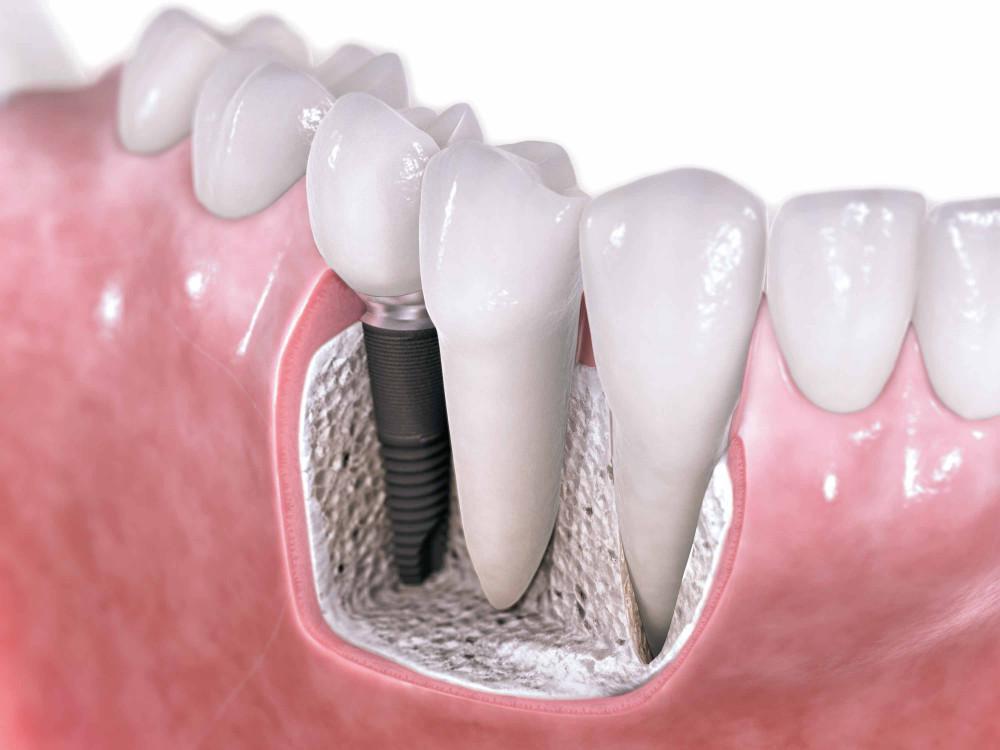Success Rate of Dental Implant Restoration – What You Should Know
Tooth loss is an undesirable condition that can reduce chewing efficiency. The prosthesis that replaces lost tooth is expected to have most of the characteristics of a natural tooth and function in a similar manner. Not all the restorations in dentistry are capable of achieving this. Dentists mostly recommend dental implants for replacing lost tooth because, in functionality and characteristics, implanted tooth almost behave like a natural tooth. Studies have shown a success rate of over 95% for the implant restoration process. However, there may be few things patients may want to know before making their decision about dental implant restoration.
Factors That Affect Success Rate of Dental Implant Restoration
For successful completion of the dental implant procedure, the dental professional must check the health of supporting bone and oral health before performing the surgery. This examination is crucial for the success of implanted tooth. There are a few factors that are of high concern to the dentist during a dental examination. These factors may raise the risk of failure.
Infection
Periodontal infection or infection of supporting bone structure are unfavorable cases for dental implant restoration. Infected bone can delay or even stop the healing process after placement of a dental implant. This is one of the few causes for implant failure.
Quality of supporting bone
Soft, weak or not so healthy supporting bone is not suitable for dental implant placement. Osseointegration or healing period is crucial for the success of the dental implant. When the bone is unhealthy, there are possibilities of micro movement of an implant within the supporting structure. This can prevent the implant from healing leading to implant failure.
Smoking
Sufficient blood supply to the supporting bone is crucial for quick healing of implant. Smoking can reduce the blood supply to gums and supporting bone. This slows down the healing process and can increase the risk of implant failure.
Maintenance of oral hygiene
It is very important to maintain proper oral hygiene when living with a dental implant. The implanted tooth can be cleaned like other natural teeth. The area under the crown should be carefully cleaned to make sure that there is no food debris. Accumulation of food particles around the abutment of implanted tooth can increase the risk of periodontal infection. The condition is called peri-implantitis.
All the above factors have not impacted the success rate of the implant restoration to a great extent. A highly qualified and experienced dentist can inform patients about the necessary recommendations that should be considered before and after the surgery.
If you have any queries related to implant dentist, feel free to consult our emergency dentist in Honolulu.

